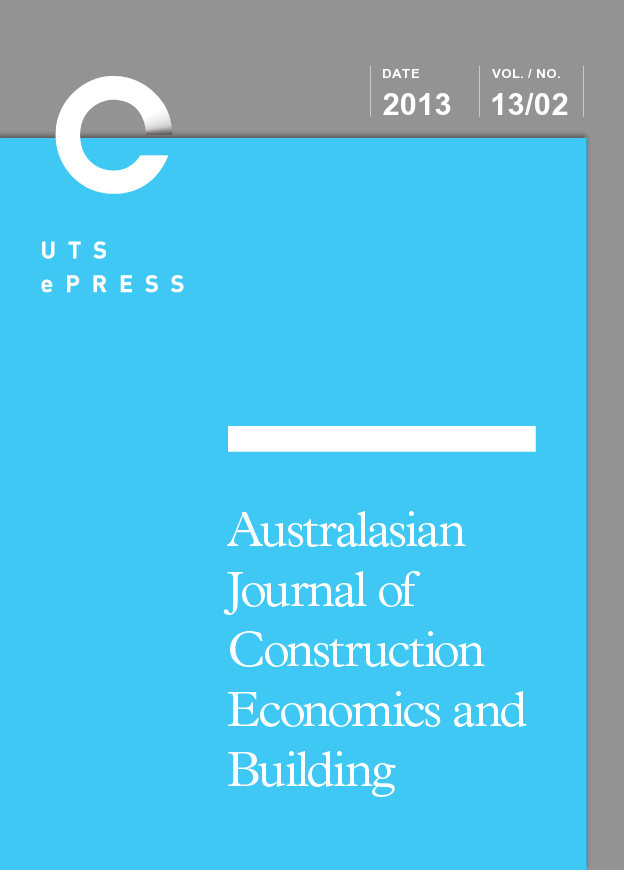Ideological leaning and praxis of housing co-operatives in South Africa: Matters arising
Main Article Content
Abstract
Social movements came about as a result of dissatisfaction felt by society from the status quo. They present their grievances through demonstrations, strikes, riots, occupation of land, boycott of business or by the development of social and economic alternatives such as self-help schemes or saving clubs. In South Africa, people join housing co-operatives because it takes a long time to wait for the Reconstruction Development Project (RDP) houses promised by the Government. The leaning of 5 housing co-operatives was examined within the context of ideology and praxis that are components of triad model. This was done through multi-case study whereby the chairpersons of the housing co-operatives were interviewed using structured interview format. Findings from the study indicated that all the housing co-operatives were not open and voluntary; also, the housing co-operatives were not administered the same way. In all, efforts were put in by the housing co-operatives in engendering the ideology of co-operatives on one hand and the government on the other hand in providing the necessary subsidy so that the gap in the housing deficit could be bridged since this fitted its policy on housing.
Article Details
Section
Authors who publish with this journal agree to the following terms:
a) Authors retain copyright and grant the journal right of first publication with the work simultaneously licensed under a Creative Commons Attribution License that allows others to share and adapt the work with an acknowledgement of the work's authorship and initial publication in this journal.
b) Authors are able to enter into separate, additional contractual arrangements for the non-exclusive distribution of the journal's published version of the work (e.g., post it to an institutional repository or publish it in a book), with an acknowledgement of its initial publication in this journal.
c) Authors are permitted and encouraged to post their work online (e.g., in institutional repositories or on their website) prior to and during the submission process, as it can lead to productive exchanges, as well as earlier and greater citation of published work (See The Open Access Citation Advantage Service). Where authors include such a work in an institutional repository or on their website (ie. a copy of a work which has been published in a UTS ePRESS journal, or a pre-print or post-print version of that work), we request that they include a statement that acknowledges the UTS ePRESS publication including the name of the journal, the volume number and a web-link to the journal item.
d) Authors should be aware that the Creative Commons Attribution (CC-BY) License permits readers to share (copy and redistribute the work in any medium or format) and adapt (remix, transform, and build upon the work) for any purpose, even commercially, provided they also give appropriate credit to the work, provide a link to the license, and indicate if changes were made. They may do these things in any reasonable manner, but not in any way that suggests you or your publisher endorses their use.
